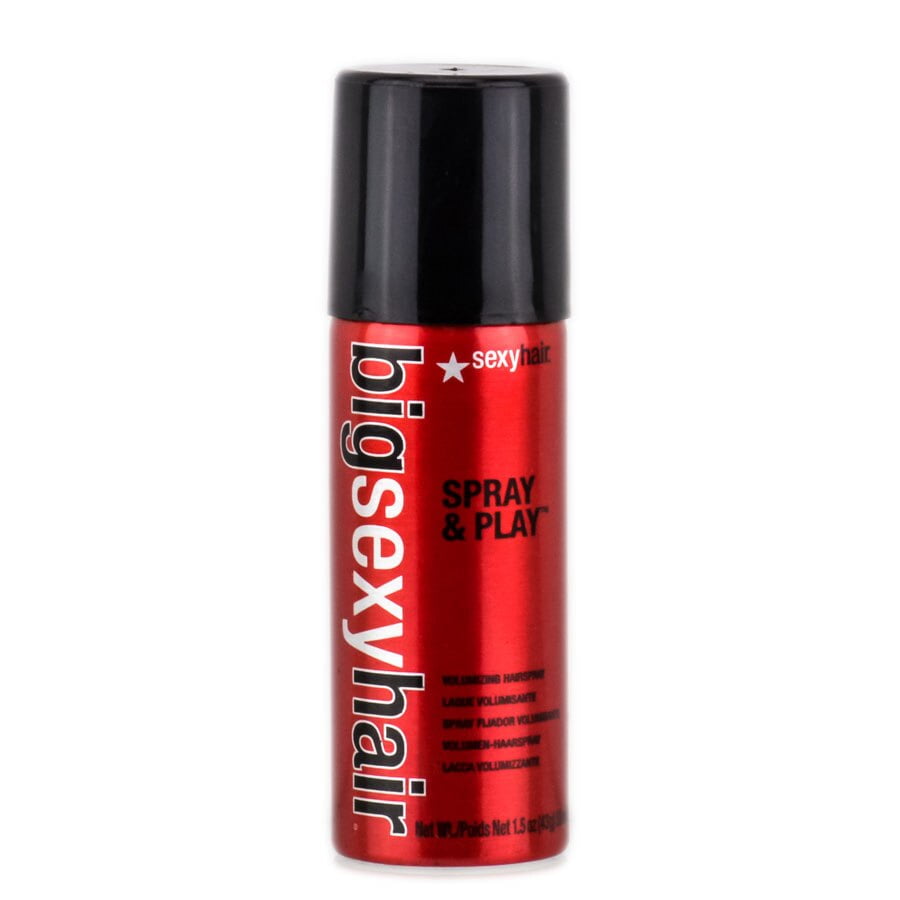Table of Content
Also, free-roaming puppies can get into treacherous situations, including chewing power cords, falling downstairs, or eating dangerous objects. Don’t punish your puppy for mistakes in the house, especially if you don’t catch them in the act. Interrupt your puppy when you catch them in the act of pottying in the house. Puppies under four months of age need to be fed three times a day. Generally speaking, a puppy can control their bladder for one hour for every month of age. So, if your puppy is two months old, they can hold it for about two hours.
But, you will want to contact some friends with friendly dogs to help socialize your puppy. A dog bed, or comfy blankets, should be on your checklist. They will provide your puppy with a warm place to nap, even though they will likely sleep in odd places around the home instead.
What Can Cause Puppies To Poop More?
Reassure them by repeating that they can go to sleep and give them time to cry and settle in. Once you’ve taken the puppy outside for the last potty, set up your nightly routine. Give them the command to kennel or crate and give them time to comply. This is a good time to enforce those same rules as well and coax them with just a small treat to reinforce the command. This is a good time to tell them good night and shut out the lights.
Increased elimination is a common side effect of many medications. Certain types of pain relievers, diuretics, and antihistamines can cause your puppy to poop more often than usual. If your puppy is pooping more often than usual, try to think about what could be the reason behind their stress and anxiety. You may be surprised, but puppies can experience nervous poops and feel the need to eliminate frequently in stressful situations. Listed below are the most common reasons why your puppy is pooping more than usual.
Selecting a Puppy
Just like potty training, consistency is key to crate training. If you go several days or weeks without putting your puppy in their crate, they will begin to forget what they have learned. So what is the ideal age for a puppy to be when you welcome him into your home? There are different opinions, as well as a variety of factors, that influence the answer to this question. However, most veterinarians and breeders would put the optimum age to bring home a puppy somewhere between 8-to-10 weeks old.

Make sure to take your puppy out first thing in the morning, after eating, and after playtime and naps throughout the day. At this point they should start having enough bladder control to learn to hold it. Reward your puppy with a treat every time they go to the bathroom outside. The next phase of the puppy’s life is the time when they learn to bond with people. Most puppies join a human family during this stage and learn how to interact with people and other pets, as well as the rules of the house. Leaving a puppy too early can have negative consequences.
How To Prepare For Bringing A Puppy Home
It also provides them with a safe place to sleep for when you cannot supervise them or are not home. It even provides them with a space to relax and settle down when they are getting too rowdy. Although your puppy may seem too young and bouncy to understand anything, it is important to start training as soon as you bring them home. Puppies sleep for around 20 hours a day.Your puppy will most likely need a nap after this adventure. Puppies sleep for around 20 hours a day, so do not be surprised to see them suddenly crash on the floor. Over time, you will allow them to explore more and more of their house.
And it can be very dangerous trying to settle a puppy whilst concentrating on driving. This is also a great time to make sure your yard is safe for a puppy and anything laying around that your puppy might get into is put away. Like most families, you will want to bring your dog to some kind of obedience school or training classes. Training classes allow you to teach your dog what you want him or her to do, but it also helps you to bond with your dog so you have a positive relationship early on. Well there is a lot you can do to make sure your home is ready for puppy, especially if this is your first dog.
You can swap the food bowl for a puzzle toy, snuffle mat, or slow feeder to boost their cognitive skills—smell, sight, hearing, and more! Certain games like hide-and-seek can also ignite important brain functions tied to problem solving and other abilities. In the future, you can also explore higher level mental stimulation through scent/nose work and more challenging puzzle toys. Chewy Claus is spreading cheer and filling holiday lists this year!
If you are feeling anxious about trying to care for your puppy and juggle your regular obligations, you might need to ask for help. See if a friend, family member, or neighbor can check on your puppies at times when you cannot. Try not to let puppies be alone and have free reign of your house.
While no one expects you to start digging and sifting through your puppy’s poop, you should be able to determine its content by looking at it. However, if your pup has diarrhea or constipation for more than two days, you should take them to the veterinarian for a full checkup. However, if you pay close attention to your puppy, you will notice that they are straining and having a hard time pooping when constipated.
Some people swear by putting a ticking clock under a hot water bottle wrapped in a blanket to mimic the sound of their mother’s heart beating. Potty training is one of the most important things to focus on for the first few weeks. After you have taken your puppy out for their first potty break, you will need to take them outside every two hours. This may be hard, but during their first few hours, do not have every family member crowded around talking loudly. Only one or two people should be present, and you should avoid any sudden movements or loud sounds.
Making the day as relaxed as possible for them will help them settle in faster, and help prevent any fear or anxiety from developing. A nine-week-old-puppy is at the right age to start potty training both indoors and outdoors. So, a three-month-old puppy should poop four times a day.

No comments:
Post a Comment